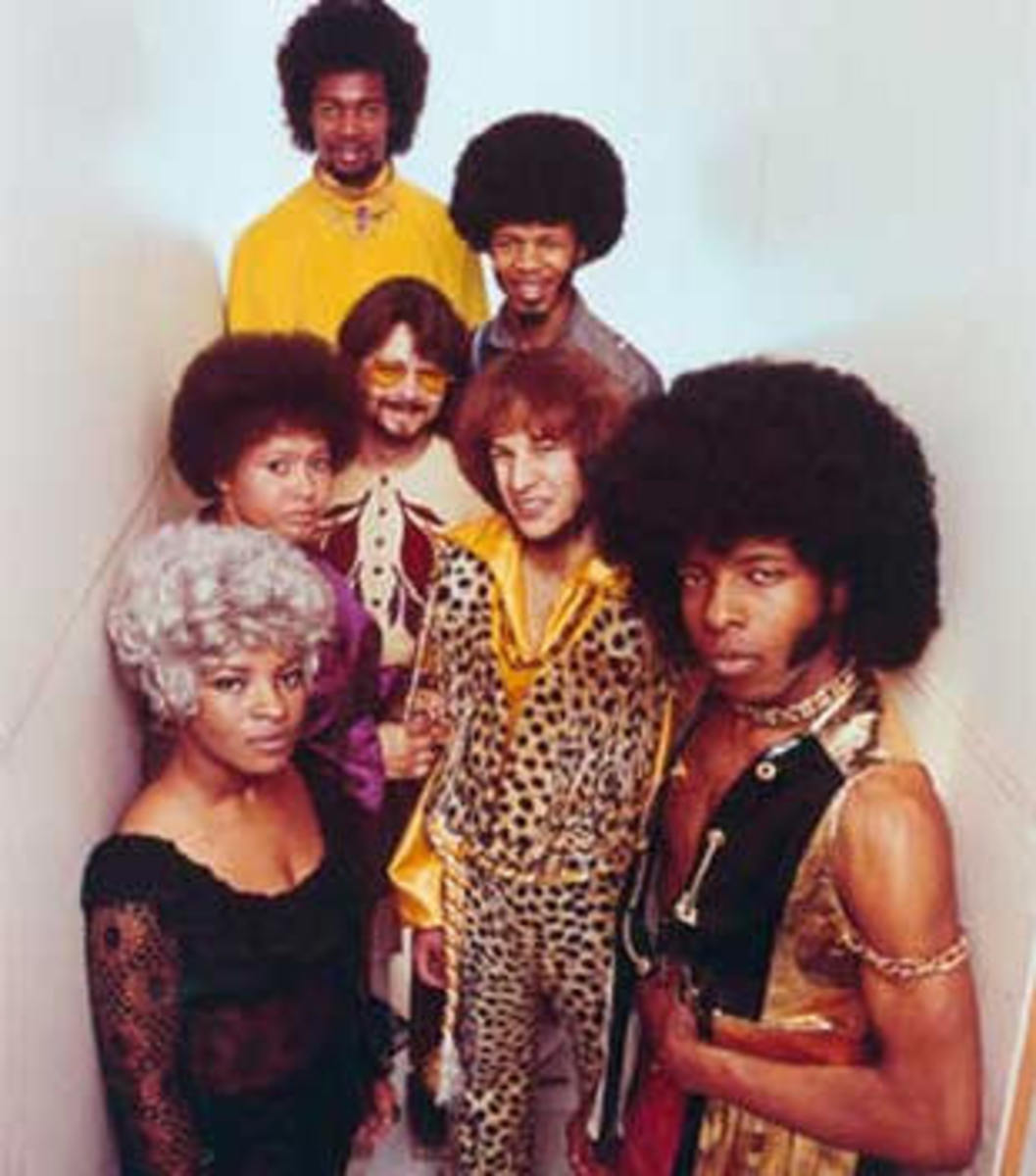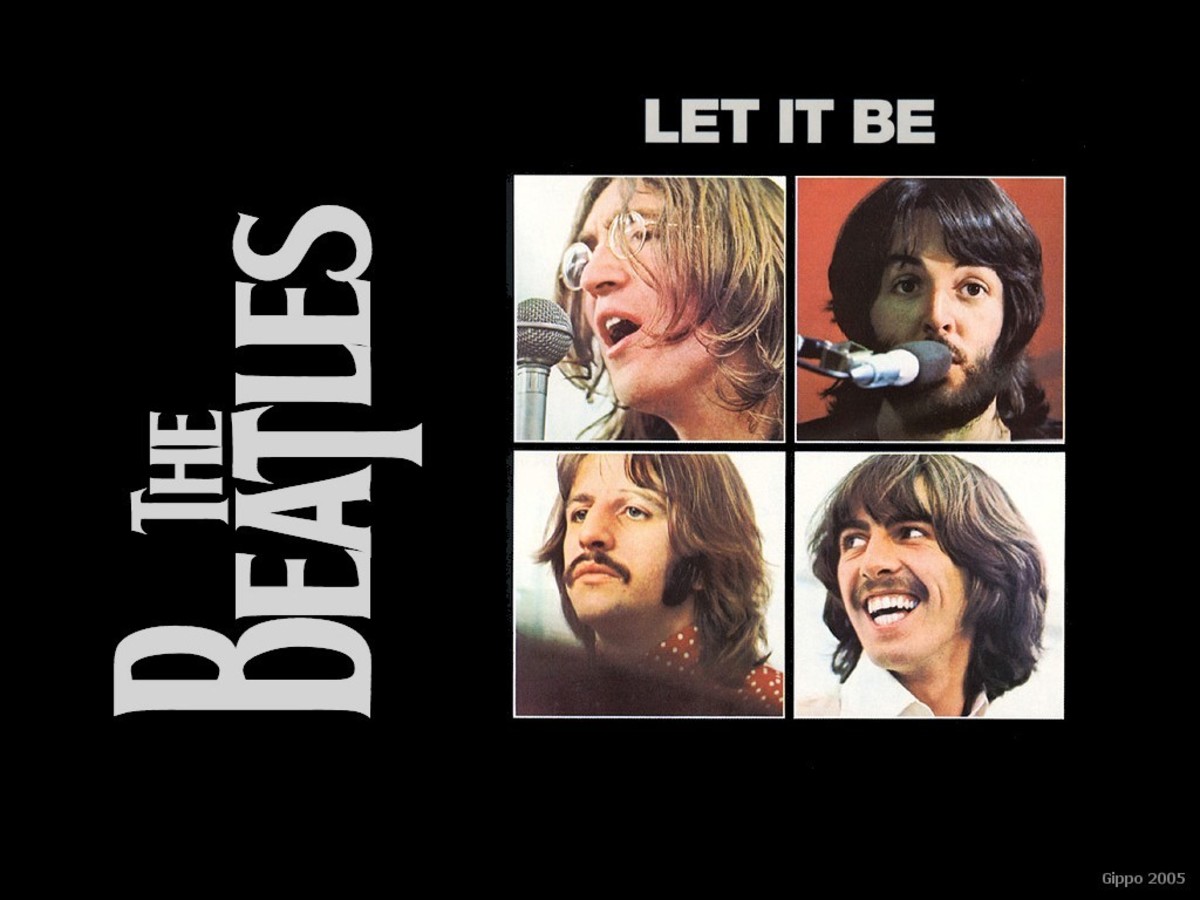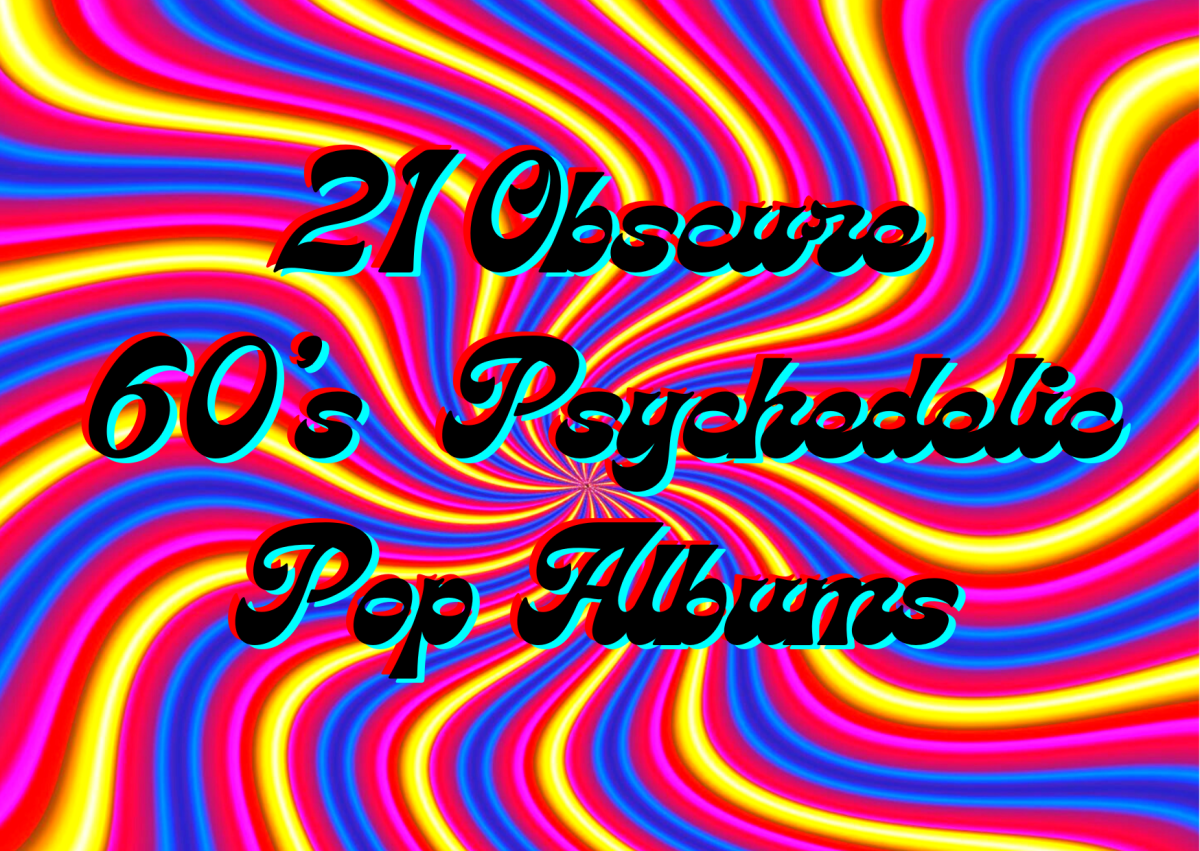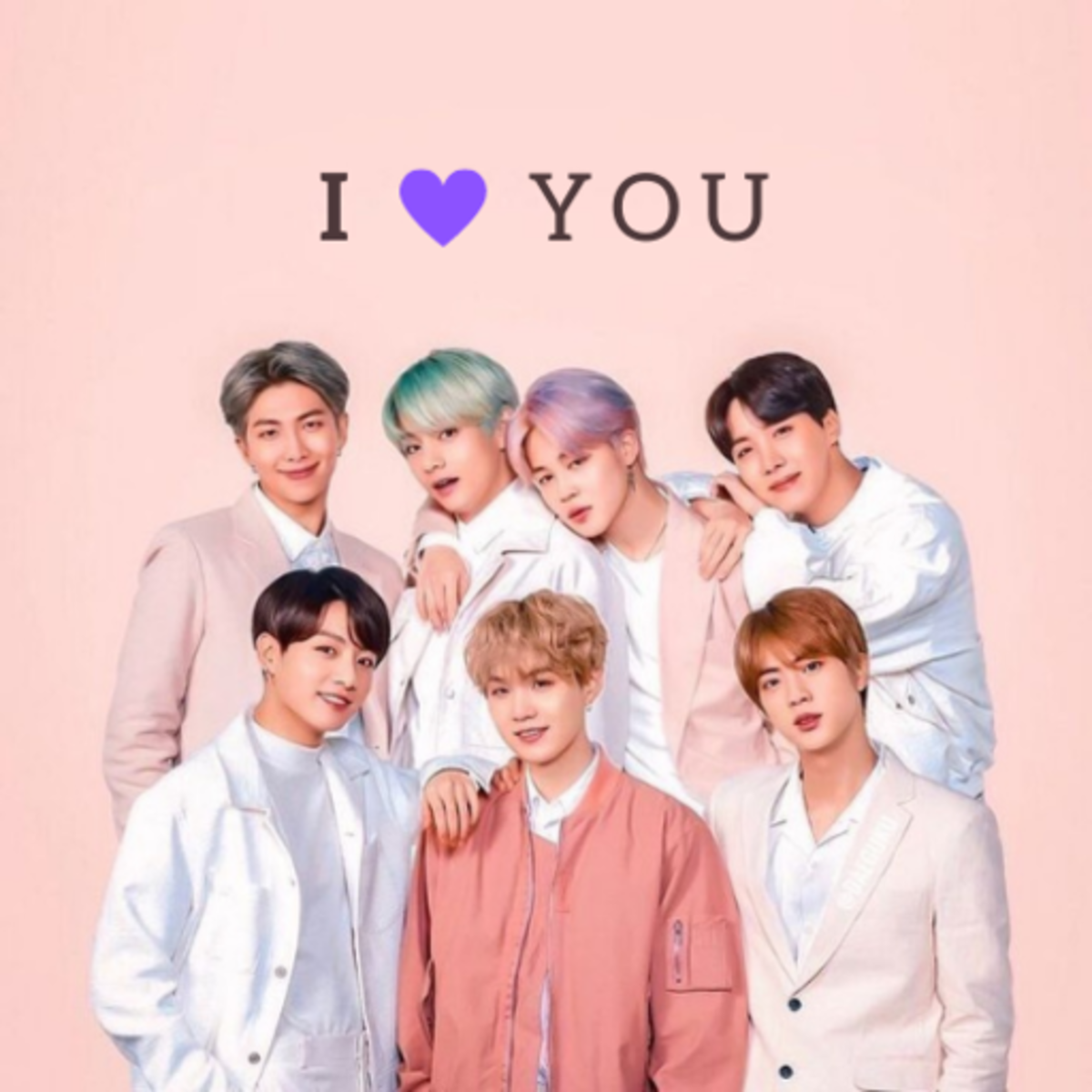How to write a hit single
The 5 ways a song is a hit.
Do you ever wonder why you hear some songs on the radio more than others? Or why some songs manage to get stuck in your head more than others? Writing hit singles for radio is definitely not easy, but most mainstream pop songs follow a very particular formula and have a few defining characteristics.
If you're a songwriter but you're having trouble writing your HIT, then try to follow some of these points.
1. Vocal Hooks. A vocal hook is a part of the song that has the power to get stuck in your head. There are a few different types of hooks we will look at. The key to a hook is that it is a (hopefully) unique part of the song. Most pop songs have many recycled parts such as chord progressions and drum beats, but hooks are what truly distinguish each song from one another. A good vocal hook has the ability to create an emotional connection with the listener and is often a clever use of a common word or phrase.
- Phrases: Sometimes a vocal hook can just be a single phrase. Ex: "Since U Been gone" "And I could walk five hundred miles" "I got 99 problems...". These can be some of the harder hooks to write because the phrase often only happens once and the longer the hook, the less likely it is to stick.
- Single Words: These can be some of the most powerful and are often repeated over and over. The words must be interesting phonetically as well as have a strong meaning. Ex: "Womaniser" "Karma Chameleon". These words are repeated over and over, back to back to created the strongest part of the hook.
- Broken up or added syllables: What makes these so strong is that the word itself doesn't have to be as strong, but creating a unique way to say it can make it stick. Ex: "(PPP)Pokerface", "Faith(AH)". Some writers are great at this and it's what makes their songs so catchy.
- Non word hooks: Sometimes throwing in a "Lala" or "ooweeooo" is exactly what a hook needs. Once again though, it must be creative and unique. Ex: "oooweeeooo I look just like Buddy Holly", "WOAH OH, livin on a prayer". People LOVE singing along to these non words, they can be very powerful when done right.
- Names: It might seem like a copout, but names can make great hooks. Ex: "Roxanne", "Hey Jude".
The best part about vocal hooks is that you don't just have to do one of the above but can combine them. So experiment with thinking of great sounding words or phrases that convey an emotional impact.
2. Instrumental hooks: These can be harder to write than vocal hooks because you can't just rely on the meaning of the words. Instrumental hooks can be conventional instruments, but often are from an instrument not found in that type of music.
- Conventional: Conventional instruments can make catchy hooks. It is important it isn't too complex of a pattern. Ex: Drums in "We will rock you", Guitar riff to "Crazy Train". These are often strong enough to be played on their own without vocals over top.
- Non conventional: These are easier because they will stand out just by nature of being a different instrument than what is usually heard in the genre. Ex: Horns in "The final countdown", Strings in "Toxic". The length of the section can vary but it must remain very catchy.
Some of the best instrumental hooks are often sung by the audience which means they're really catchy: Ex: The horn part of "Sweet Caroline" The Bass of "Under Pressure".
The most important thing to ensure a song is catchy is to have more than one hook. Many songwriters write a hook, throw it in a song and move on. I believe your chances of having a hit increases with each hook you can throw into a song. If you look at Pokerface by Lady Gaga, you have at least 5-6 separate hooks. Now do you see why it gets stuck in your head so often?
3. Song Length. It's important to keeps hit singles a certain length. The magic number is 2:59 - 3:29. There is one major reason for this: Radio will put together playlists in blocks of time. They try to play as many songs as possible and they are paid to play certain songs a certain amount of times. So if your song is shorter it has a greater chance of being thrown into a block. Look at "Song 2" by Blur. This song is still on the radio all the time because when a radio station is building a block and they find they have 2:30 left, they only have a few choices of songs that will fit in that time. Another thing that is done to keep song length down is to have vocals over nearly every part of the song. Unless the instrument is playing a very strong hook, there should be some type of vocals going.
4. Title. This one is sort of antiquated, but the length of a song title should be as short as you can make it without losing the meaning. Many writers will use "U" instead of "you" and "2" instead of "to" or "too". This isn't to appeal to internet slang, it's so a song tile appears shorter. As for the name of the song itself, it should be the strongest hook of the song.
5. Structure. Most hit singles have two verses and at least 3 choruses. Most will start with the verse, though in 2011 there was a shift where the chorus will lead the song. The rule of thumb is for the chorus to start within 30 seconds of the start of the song. Hits can have a bridge or middle section but only if really adds to the song. The reason there are so many choruses in a song is so that if you're hearing a song for the first time you can be singing along by the end and want to hear it again.
Now that you understand the five main aspects of hit singles, I urge you to listen to some of your favourites and see how many of these are followed. Try to count the hooks. Then go out and try to write using these guidelines. Remember, not all great songs need to follow these, and the exceptions to these rules are often the strongest and most loved radio songs. But if you're trying to increase your chances of having a hit single, following these guidelines will definitely give you a leg up.
What are your favourite hit singles? What do you think makes a great hit single? Add it to the comments below!






